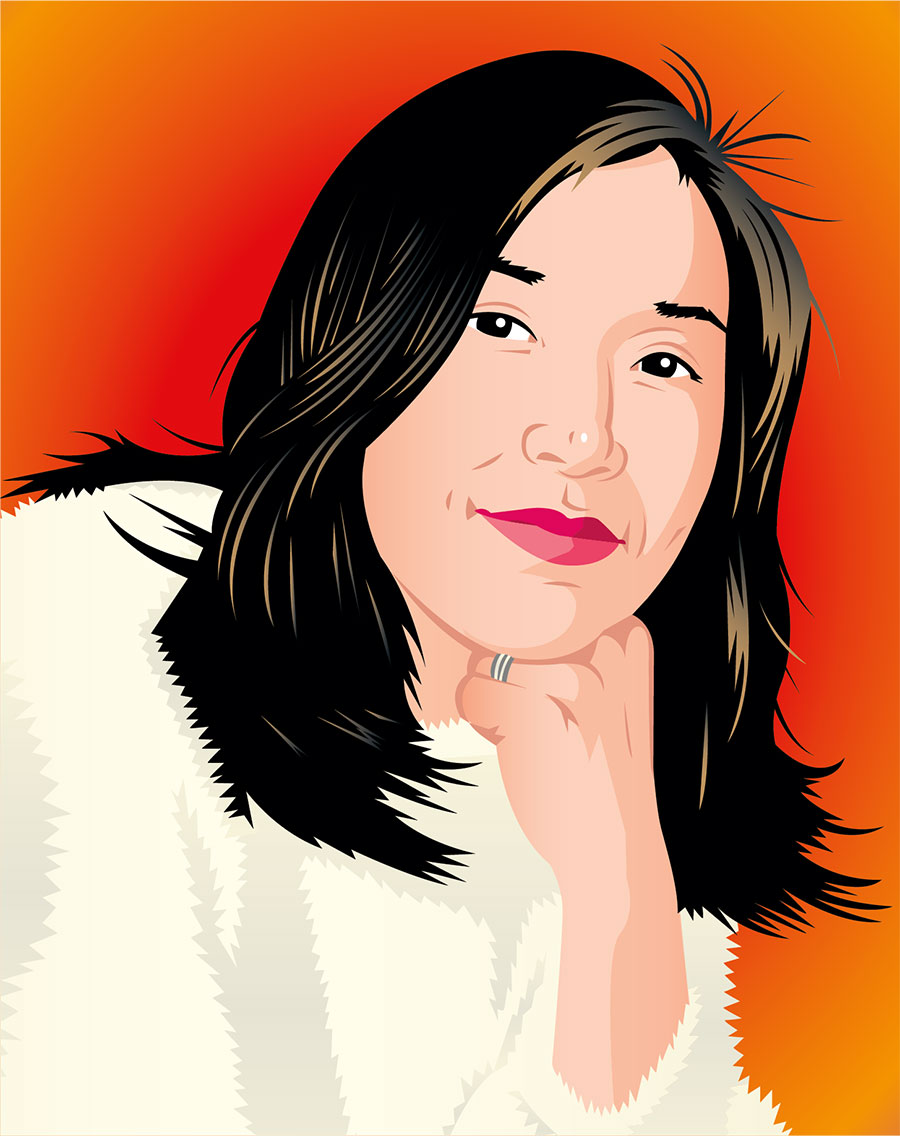■ When I went to culinary school, my dad was like, “If you were my son, I would kick your ass” — because in Korean culture, cooking wasn’t seen as a high profession — “but at least you can be a good wife.” That stuck with me for a while. Then when I was 27, I got my first executive chef position, at Opera. After dinner there one night, he said — I don’t know if he was joking — “Maybe you could actually be one of the best chefs in the world.” I had to get off the line, and I went to the office and just kind of bawled. His own daughter showed him a woman’s value. He was the main investor in Parachute. Not everyone would give their daughter their retirement money to open a restaurant.
■ Cooking is a great way to connect with all your senses. Sometimes I’m like, What does this need? I’ll think back to food memories and can almost taste it in my mouth. You think about the texture, the acid, the funk, any nuttiness — all the tones. The more you expose yourself to food experiences, the more of a repertoire you have in your mind. You can paint the picture in your head.
■ Charlie Trotter’s was one of my toughest jobs. It was like if Harvard were a kitchen; you were part of this elite club. And there were additional stressors besides the extra-long hours. I had to do a food plate for Charlie every single day at 1 o’clock sharp, and each day it had to be different. It was just an additional burden on top of my prep list. I did it for months, because you didn’t stop until he told you to stop, and many curveballs were thrown. Like, you couldn’t find where he was, or the pastry chef said, “You can’t use that fruit.” So you were constantly navigating how to get it to him. That was part of the culture there, but I just didn’t buy it after a while. It didn’t motivate me. It made me more insecure instead of building me up.
■ I’m reading a book about gender disparity in the culinary industry called Taking the Heat. The authors talk about how a lot of women lose their femininity in order to fit in. You have to be seen as tough. It’s something I’ve battled with myself. I remember the day at Trotter’s when I chopped off all my hair. It was like I was on a military mission. I needed to be completely devoted and submerged if I was gonna make it in this industry. But I don’t think you need to deny that feminine part of yourself anymore to make it.
■ A lot of my fear of being who I am is encultured because I grew up in a traditional Korean American family. Even in my 40s, I’m still journeying and discovering new parts of myself that I didn’t give attention to before — maybe because I was told those things weren’t important or practical. My mom always had this saying, “Don’t boast too much,” because then someone’s going to want to take you down, or you’re going to fall by your own sword. And sometimes I had confused discovering myself with narcissism. As I get older, I’m less insecure about what people think of me. I’m feeling a bit more courage to just be myself.



